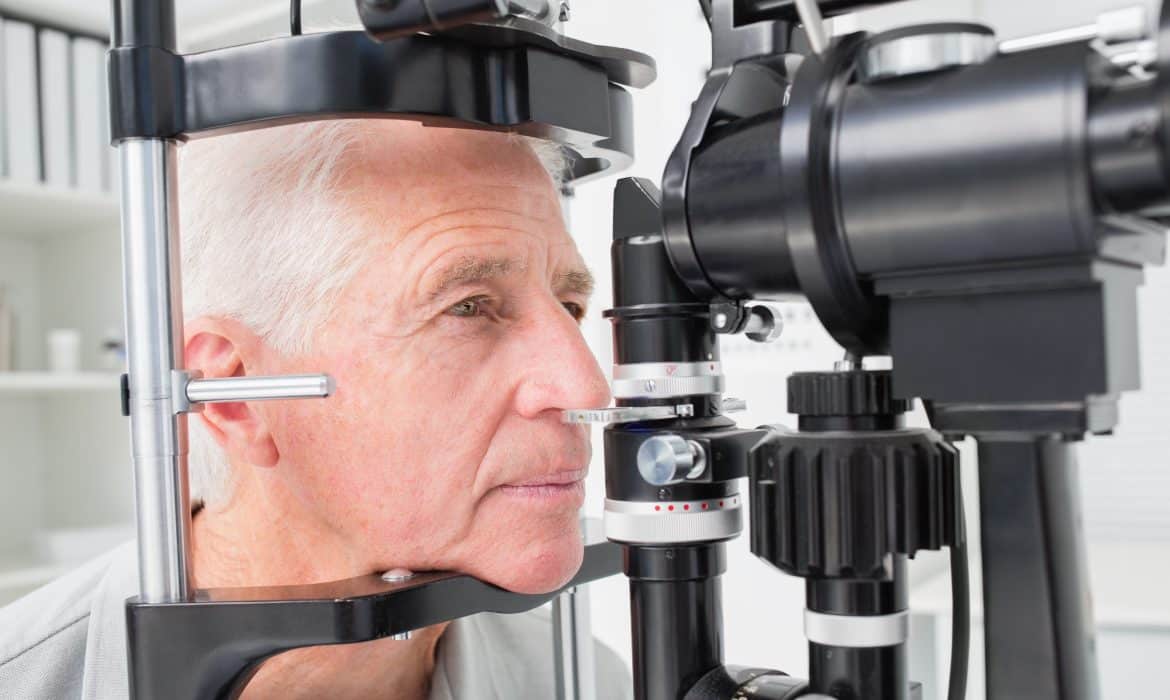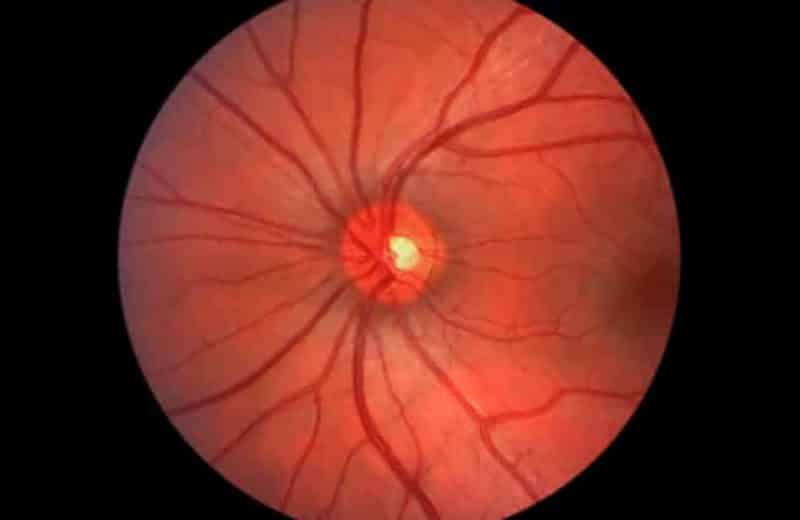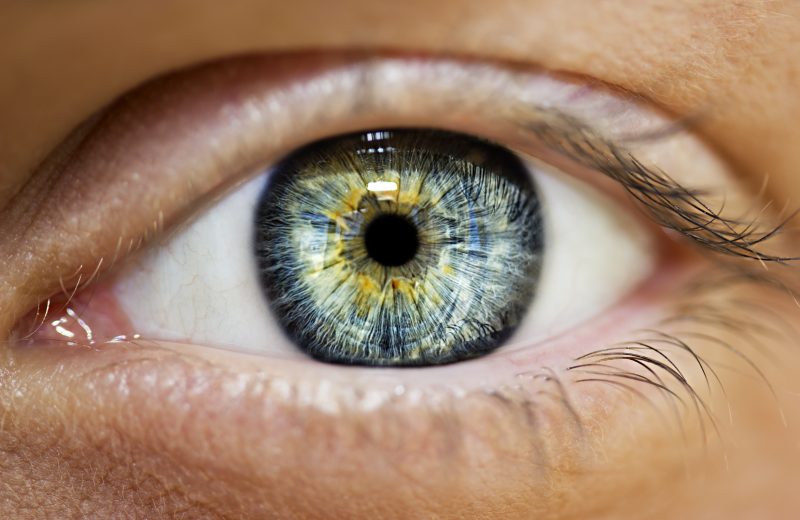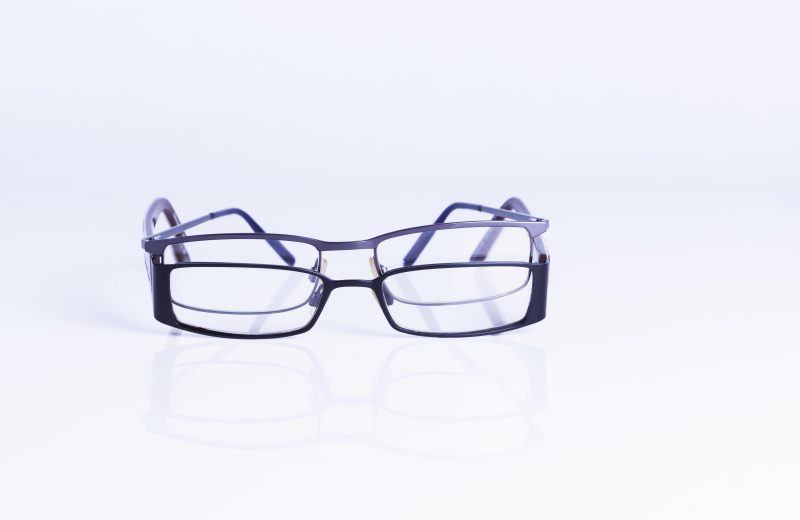By Michael Mahr, M.D., Tribune Content Agency
DEAR MAYO CLINIC: I’m 43 and have started having trouble with my vision while reading. I know this is common for someone my age. I do have “readers” that I sometimes use, but am hoping to put off regular glasses as long as possible. Am I doing harm by waiting? How often should I have my eyes checked?
ANSWER: It’s true that the vision changes you’re noticing are very common in people in their 40s. But you are not harming your eyes by waiting to get reading glasses. You may find it useful to get an eye exam now, though, to see if glasses could be helpful and to check for other eye problems. Regular eye exams are recommended for adults beginning at age 40.
As we age, our eyes gradually lose their ability to focus on objects nearby. The medical term for this process is presbyopia. It typically becomes noticeable in the early to mid-40s and continues to get worse through the mid-60s. Many people become aware of presbyopia when vision seems blurry at a normal reading distance, and they have to hold reading material farther away to see it clearly.
Presbyopia is a normal part of aging for almost everyone, and the process will continue whether you get glasses or not. For someone in your situation who does not need prescription glasses for other vision problems, like nearsightedness, farsightedness or astigmatism, the over-the-counter reading glasses you are using now may be all you need.
Most nonprescription reading glasses range in power from plus-1.00 diopter to plus-3.00 diopter. When selecting these glasses, start with the lowest power and work your way up until you find the magnification that allows you to read easily. If you find that the reading glasses are causing headaches, an eye exam is recommended.
Even if you are able to see up close with nonprescription glasses, it’s still a good idea to have your eyes checked regularly. For adults who don’t wear prescription glasses, have no symptoms of eye trouble, and are at a low risk for eye diseases, such as glaucoma, the American Academy of Ophthalmology recommends a baseline eye exam around age 40. After that, exams are recommended every two to four years between 40 and 54; every one to three years between 55 and 64; and every one to two years beginning at age 65.
If you have a family history of glaucoma or other eye diseases, or if you have additional factors that put you at higher risk for eye problems, you need eye exams more often. A typical schedule in that case would be every two to four years up to age 40; every one to three years for people between ages 40 and 54; and every one to two years for age 55 and beyond.
Regular exams can help ensure your eye health by catching eye problems early, sometimes before you notice any difference in your vision. If you become aware of problems with your vision, schedule an appointment with your eye doctor as soon as possible, even if you’ve recently had an eye exam.
If you have sudden loss of vision in one eye, experience sudden hazy or blurred vision, or see flashes of light, black spots or halos around lights, contact your health care provider right away. These could be symptoms of a serious condition, such as glaucoma, stroke, or a retinal tear or detachment.
If changes in your vision start to interfere with your ability to do your day-to-day activities, or if you can no longer read easily with nonprescription glasses, make an appointment to see your eye care professional. At that point, you may need to get prescription glasses to correct your vision so you can see comfortably. — Michael Mahr, M.D., Ophthalmology, Mayo Clinic, Rochester, Minn.
(Mayo Clinic Q & A is an educational resource and doesn’t replace regular medical care. E-mail a question to MayoClinicQ&A@mayo.edu. For more information, visit www.mayoclinic.org.)
(c) 2015 MAYO FOUNDATION FOR MEDICAL EDUCATION AND RESEARCH. ALL RIGHTS RESERVED DISTRIBUTED BY TRIBUNE CONTENT AGENCY, LLC.













